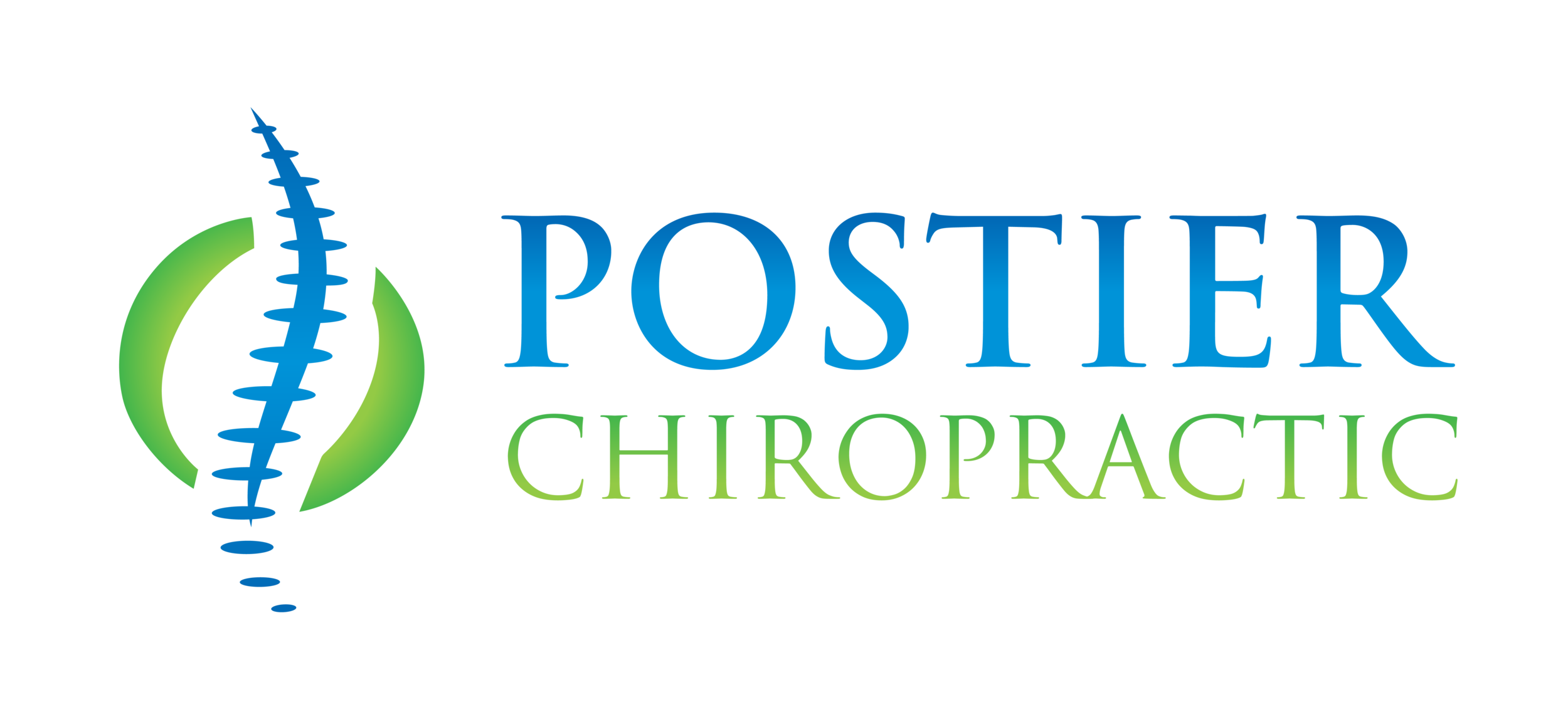Symptoms of Sciatica
Sciatic nerve pain can lead to extreme, debilitating discomfort. It affects the nerve that covers the lower back to the back of each leg. Sciatica is not a disorder, per se, rather a symptom of an underlying health issue. Typical lower back problems and leg pain that can trigger sciatica symptoms consist of a lumbar slipped disc, disc degeneration, or spinal stenosis.
Sciatica Nerve Pain Symptoms
Sciatica pain is typically distinguished by one or more of these symptoms:
Continuous pain on just one side of the buttock or one leg (rarely on both legs)
Discomfort worsens when seated
Shooting leg pain described as prickling, burning or searing sensations
Numbness
Problems moving parts of the leg
Searing pain that makes it hard to walk or even stand up
Pain that extends from the lower leg to the foot and toes
Sciatic nerve pain varies from sporadic and bothersome to constant and debilitating. The symptoms are often in line with the area of the pinched nerve. These symptoms may exacerbate during unexpected or sudden movements like sneezing or coughing. While these warning signs can be uncomfortable and possibly weakening, it's uncommon that long-lasting sciatic nerve damage will come about.
Some symptoms are distinctive depending on the root cause of the sciatica pain. For instance, bending the body backward typically causes symptoms when you have spinal stenosis while bending the body forward triggers symptoms if you have a lumbar herniated disc.
Sciatica Symptoms That Need Immediate Medical Care
It's very rare for a sciatica symptom to get worse quickly to the extent of an immediate surgery. But, some symptoms are in need of a prompt medical care, like:
· Symptoms that are getting worse fast instead of improving. These signs may point out possible nerve damage, particularly if the intensifying symptoms are neurological.
· Symptoms that stem from both legs or that induce bladder or bowel/urinary incontinence or a changed sensation in the genital area may indicate cauda equina syndrome.
Sciatica pain that is caused by an injury or trauma, or if it evolves together with other unpleasant symptoms like fever or appetite loss, may likewise need an immediate medical care. If you feel that there's a cause for concern, you should get help at once.
Seek Medical Assistance from a Chiropractor
Chiropractors treat sciatic nerve pain on a regular basis. In fact, chiropractic manipulation is one of the most common methods of relieving sciatica symptoms. Both spinal adjustments and manual manipulation done by trained health practitioners like a chiropractor are centered on issuing better spine positioning, which is designed to assist in addressing numerous underlying health problems that cause sciatic nerve pain. Chiropractic adjustments can also create improved healing atmosphere. Between the two procedures, it’s also less painful.
Chiropractors treat sciatic nerve pain on a regular basis. In fact, the chiropractic adjustment is one of the most common methods for relieving sciatica symptoms. The adjustment is designed to restore proper positioning of the vertebra (bones that compose the spine) in order to remove irritation or pinching of the nerve root where they exit the spine. Chiropractic adjustments can also create improved healing atmosphere by restoring proper function to organs that are controlled by those nerves.

